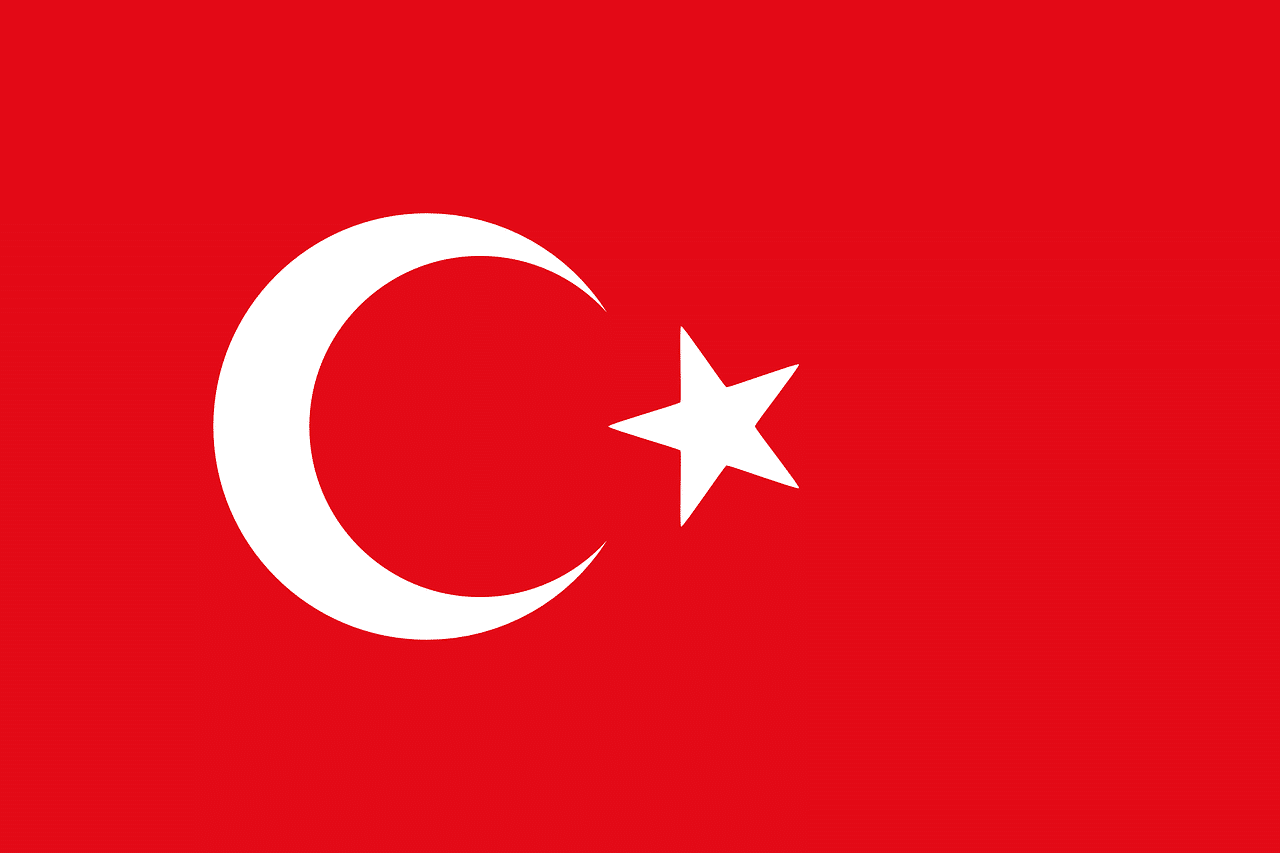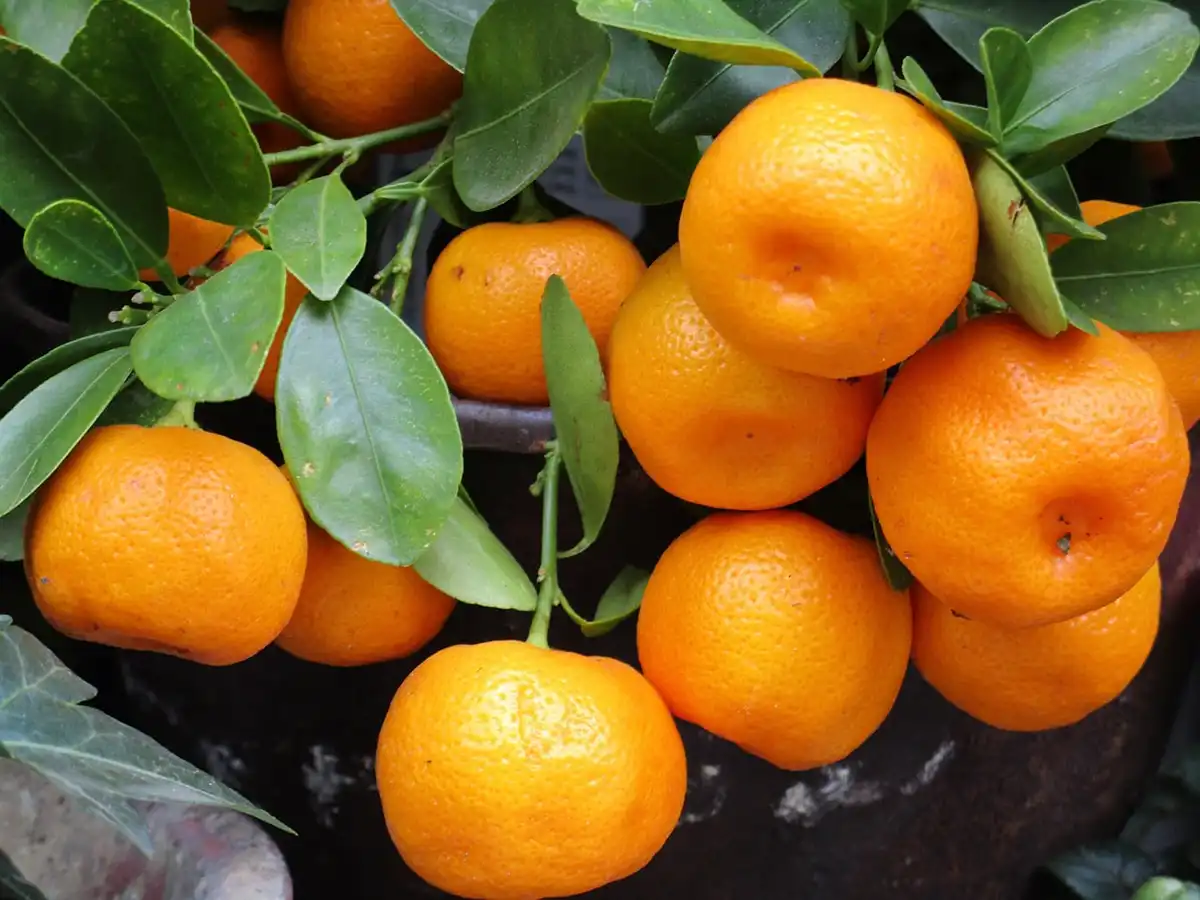In Türkiye, significant changes have been made to the processes of registering plant varieties with the “Regulation on the Registration of Plant Varieties,” published in the Official Gazette on Sept. 17, 2024. This regulation aims to adopt a more effective approach by considering technological advancements, as well as international and national sectoral developments.[1]
Among the new regulations, the most notable is the introduction of the “technical questionnaire.” According to the General Principles for the registration of free varieties, when there is no official variety characteristics document available, the breeder or their representative must apply using the technical questionnaire. This regulation marks a significant step toward making the variety registration process more systematic and thorough, according to a post from INVOKAT Intellectual Property Services, Istanbul..
In addition, a key update has been made to the process outlined in the previous Article 7, which previously required trials for Registration and Standard Seed Registration to be conducted by the Seed Registration and Certification Center. Now, applicants must declare that the seed material poses no risk to the environment, human health, or animal health. They must also certify that the seed material is not a genetically modified organism (GMO) and that no processes have been undertaken that could alter the variety’s characteristics. Non-compliance with these obligations will place full responsibility on the applicant. This change is intended to enhance security and transparency in the variety registration process.
The regulation concerning registration periods has been revised. Previously, renewal applications had to be submitted two years before the registration period’s expiration. Under the new rule, applications can now be made during the final two years of the registration period. Moreover, while the old regulation required conditions such as sufficient production of the variety or its preservation as a genetic resource to extend the registration period, the new regulation only mandates the submission of a petition and payment of the extension fee. As a result, the conditions related to production and genetic preservation have been eliminated.
The new regulation also introduces changes to the application and meeting dates for variety registration. Application deadlines have been redefined, and updated calendars have been established to streamline the execution of related processes. Additionally, the meeting dates for evaluating varieties have been reviewed to ensure a more coordinated and orderly progression of these procedures.
Another significant amendment is found in Article 50, which allows individuals or organizations that have registered varieties as plant breeders to transfer these varieties to another party with a new authorization certificate once their authorization period has expired. They also have the option to cancel the previous authorization certificate and register the varieties in their own name. However, individuals or organizations based abroad are not permitted to register varieties in their own name. In the earlier regulation, the transfer of varieties was required to be conducted through special agreements made in the presence of a notary. The new regulation, however, enables the transfer process to be completed either upon expiration of the authorization period or when the authorization certificate is canceled.
As for free varieties, the applicant can now initiate the variety transfer process. The previous regulation did not contain a specific provision for the transfer of free varieties.
[1] https://www.resmigazete.gov.tr/eskiler/2024/09/20240917-2.htm












